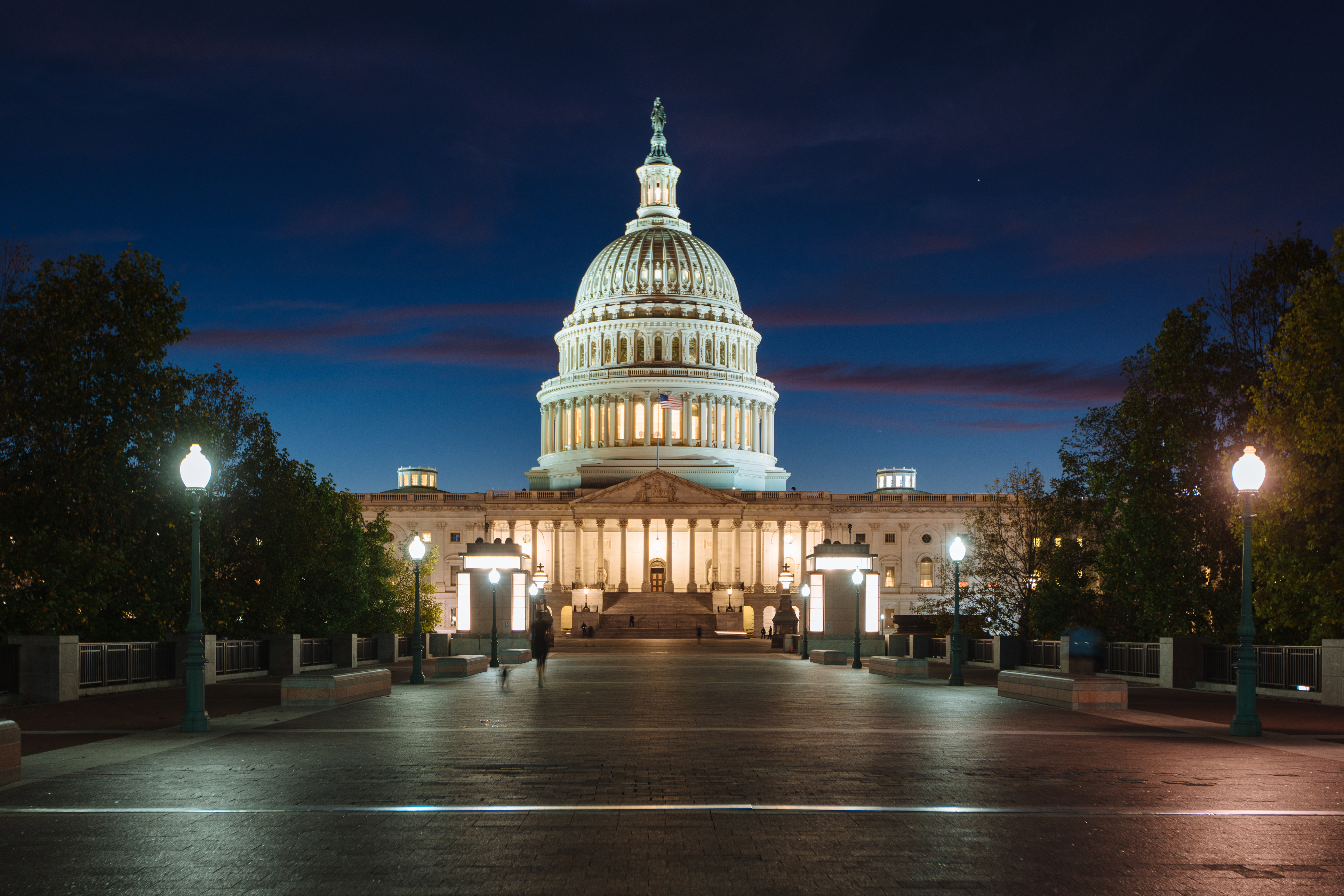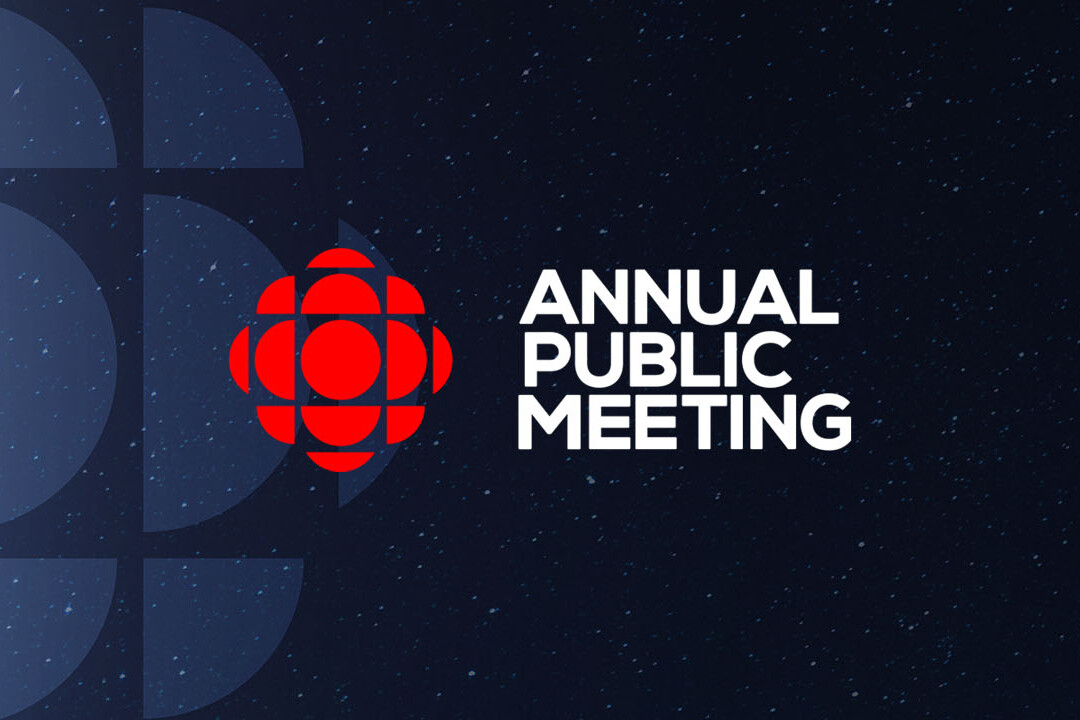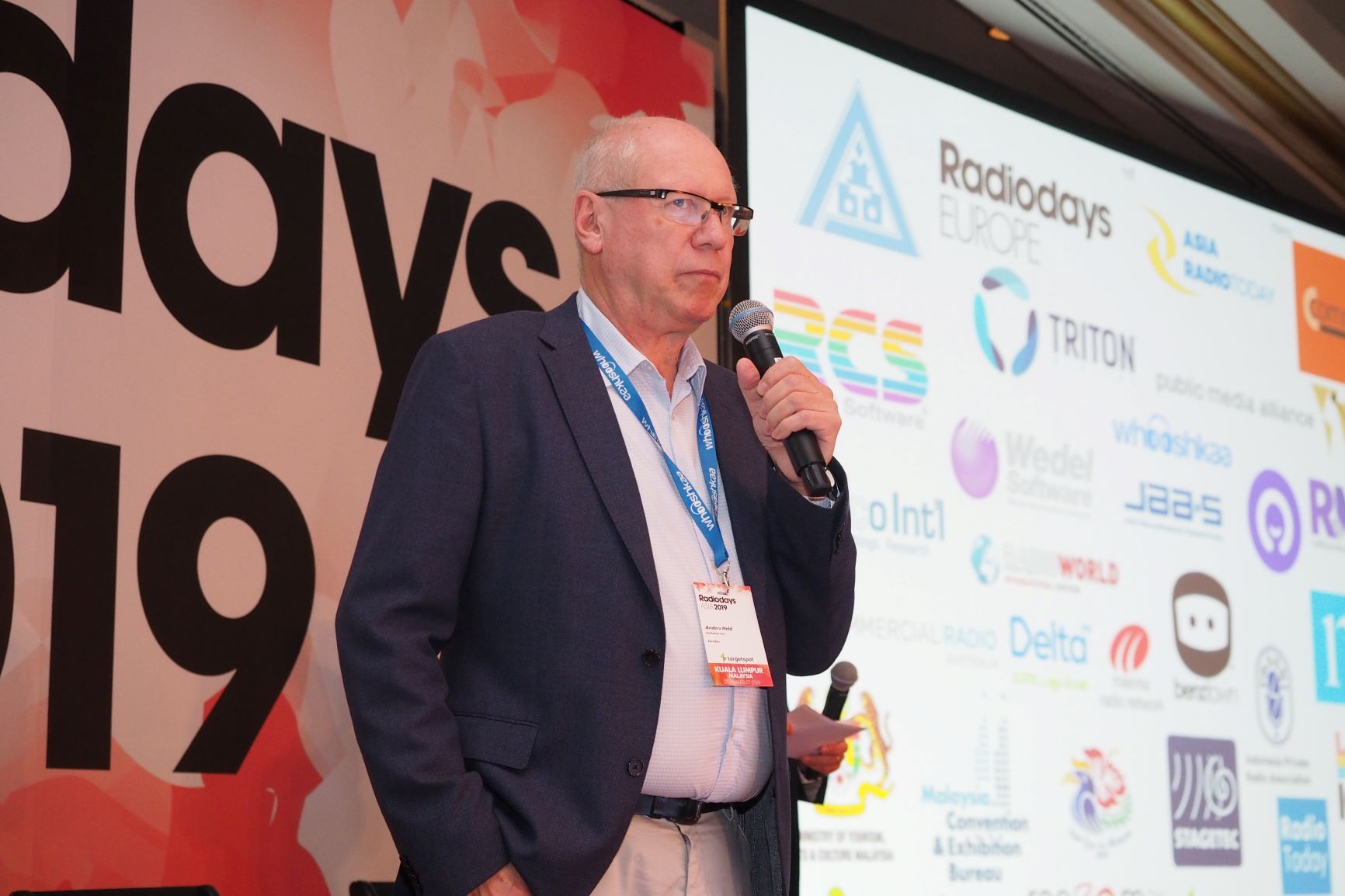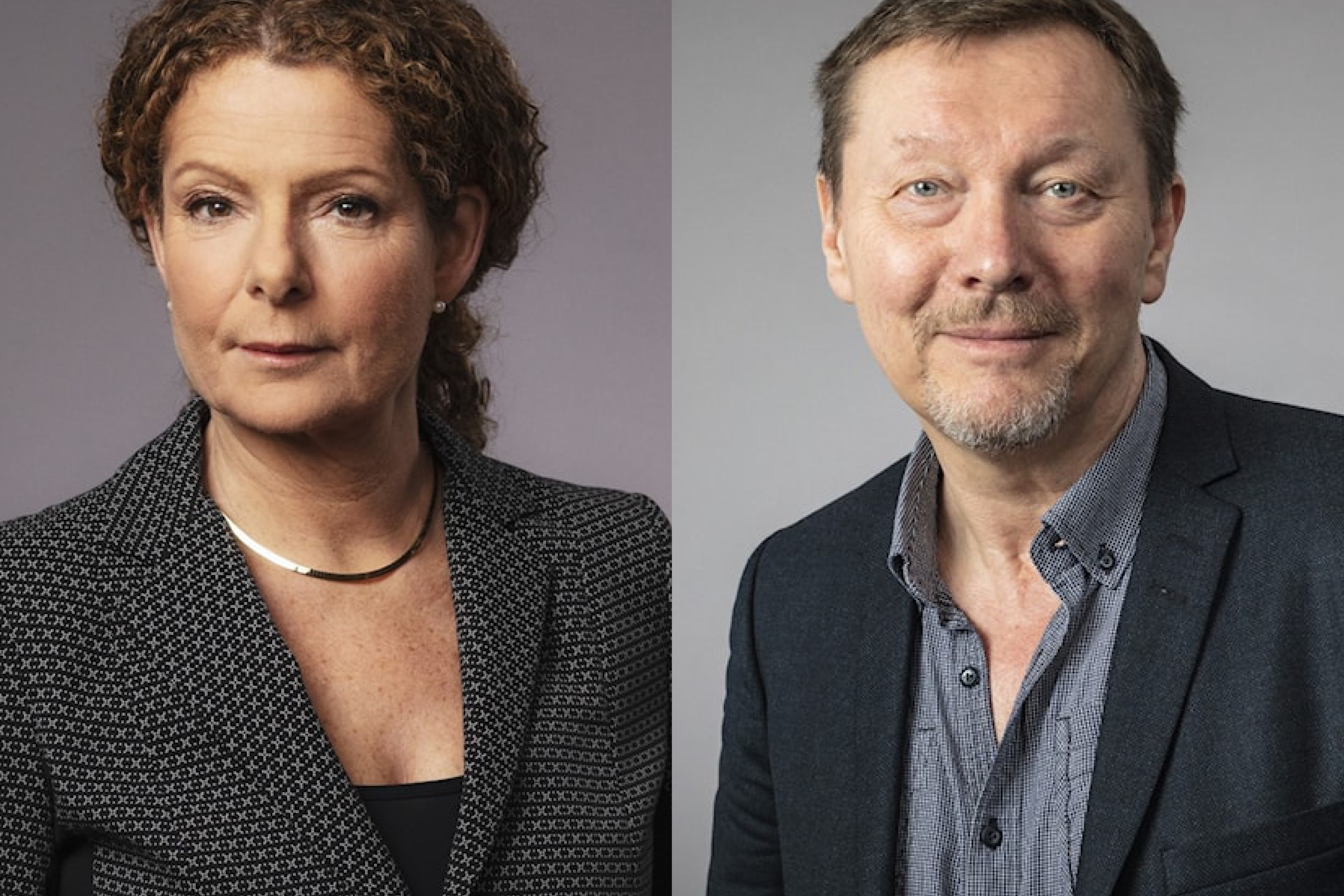“There are always uncertainties in investigative journalism, but in this case they were worth stepping up to.”
By Raney Aronson | Executive Producer, PBS FRONTLINE
When I was first approached about the Pegasus Project, I knew that the investigation — revealing secret surveillance of journalists, human rights activists and others around the world — would be potentially important and of keen interest to FRONTLINE’s audience. I also knew that a collaboration among 17 news organisations reporting from different countries on a clandestine program was going to be as complex as the subject we were investigating, involving legal, ethical and editorial questions we’d have to face and resolve. There are always uncertainties in investigative journalism, but in this case they were worth stepping up to.
FRONTLINE has a long history of working with partners, a practice we’ve deepened significantly in recent years. As a documentary operation, we often bring something unique to the table, the combination of quality visual storytelling and high journalism standards of accuracy and fairness. In the Pegasus Project, we were one of two U.S. based partners (along with The Washington Post) and the only documentary newsroom. So while our print partners viewed the publication of their stories as the finish line for the project, we saw a different opportunity, to build on their reporting and to tell a story in film that would explore the true impact of unregulated global surveillance.
Of course, the first lesson of successful partnerships is to have trusted partners. The Pegasus Project was coordinated by the Paris-based journalism non-profit Forbidden Stories. We met in person and over secure video conferencing channels routinely during the project, and they did a tremendous job running the collaboration. We also knew several of the partner institutions well, and have collaborated in the past, for example, with Dana Priest of The Post. Still, the strict security precautions that were necessary to protect some of our sources and the journalists themselves, distances among the partners, COVID restrictions, and the complicated nature of the technology we were examining all presented challenges.
Read more: The Pegasus Project | FRONTLINE
Even in an ideal collaboration, the ultimate editorial decisions should and must belong to each news organisation. That was the case in the Pegasus Project. The short video that we produced for the publication date, about the hacking of the phone of the fiancée of journalist Jamal Khashoggi, reflected our own rigorous journalistic standards and storytelling style.
So many of the urgent issues that FRONTLINE is committed to exploring have both local and global dimensions: climate, justice, ideological conflict, the future of democracy. Collaborations have become an essential part of our toolbox to unlock these multi-layered subjects and turn them into compelling films.
Our thanks to Raney Aronson for this report.
PBS is a member of the Public Media Alliance.
Header Image: Abstract tech background. Floating Numbers HUD Background. Matrix particles grid virtual reality. Smart build. Grid core. Hardware quantum form. Credit: Dmitriy Rybin / Shutterstock.com
Related Posts
23rd July 2021
PMA welcomes $565m funding recommendation for CPB
Approval could lead to a 27% jump in…
18th June 2021
INSIGHT | A year like no other at CBC/Radio-Canada
CBC/Radio-Canada's 2021 annual public…
24th November 2020
Insight | Impartial media is necessary to avoid parallel realities
Swedish Radio CEO, Cilla Benkö, and…



